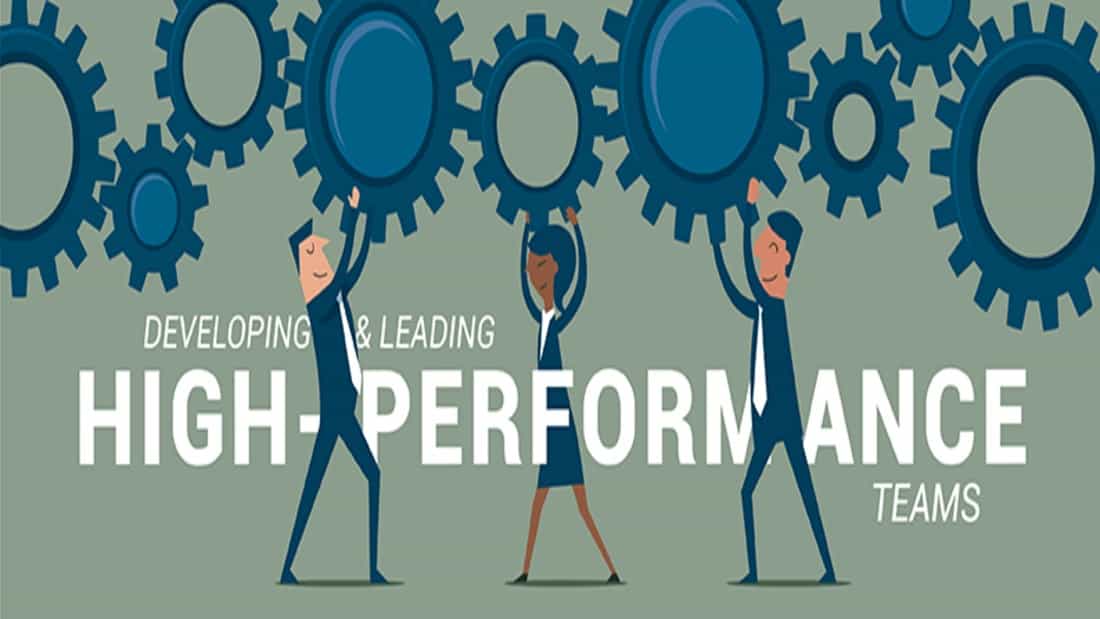

Even the best laid plans and strategies can fail if the team driving the plan is not well developed. Developing high performing teams takes time, effort and a deep understanding of the dynamics of effective teams. This course helps team members and team leaders understand how to create and be part of a cohesive unit aligned to achieving results.
By the end of this course, delegates will be able to:
Managers, Executives, Managers, Team Leaders, Superintendents, Chief Engineers, Senior Engineers, Newly Qualified Engineers, Plant Managers, Project Managers, Quality Managers, Technical Managers, Supervisors, Financial Officers and Controllers, Process Managers, Strategic Planning Managers, Key Personnel, Champions, Officers, Supervisors, Department Heads, Engineers, Foremen, anyone in managerial and administrative positions, Engineering Professionals, Project and Design Engineers, Technical Operational Staff, Technical Sales Staff, Research and Development Professionals, Technical Personnel, Maintenance and Supervisory Managers, Maintenance Planning Staff, Technical Managers, Project team members
Characteristics of High-Performance Teams
Achieving High Performing Team Dynamics
Teamwork Definitions and Personal Styles
High Performance Team Building Process
Team Dynamics
Identifying Effective Team Communication and Behaviour
Team Leadership Concepts
CDGA attendance certificate will be issued to all attendees completing minimum of 75% of the total course duration.
| Code | Date | Venue | Fees | Register |
|---|---|---|---|---|
| MAN226-02 | 05-04-2026 | Dubai | USD 5450 | |
| MAN226-03 | 26-07-2026 | Cairo | USD 5450 | |
| MAN226-04 | 18-10-2026 | Istanbul | USD 5950 |

A lively, fast-paced introduction that sets the tone for the workshop and grabs immediate attention and interest. Includes: review of agenda, ground rules, expectation-setting and a team ‘icebreaker’ ...

No matter how knowledgeable and competent its individual members may be, a dysfunctional team will undermine organizational goals, sap morale and waste effort. This course focuses on the critical role ...

Working in teams can be fantastic, if team members work well together. However, if people are pulling in different directions, the experience can be awful. What’s worse is that without sufficient dire ...

One of the most frequent concerns and complaints of people today is that they don't have enough time to do what they, or especially their bosses, want them to do. Consequently, there are many resource ...
Providing services with a high quality that are satisfying the requirements
Appling the specifications and legalizations to ensure the quality of service.
Best utilization of resources for continually improving the business activities.
CDGA keen to selects highly technical instructors based on professional field experience
Since CDGA was established, it considered a training partner for world class oil & gas institution
3012, Block 3, 30 Euro Business Park, Little Island, Co. Cork, T45 V220, Ireland
Mon to Fri 09:00 AM to 06:00 PM
Contact Us anytime!
Request Info